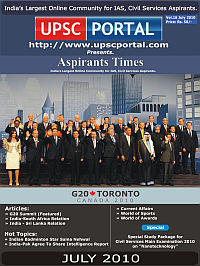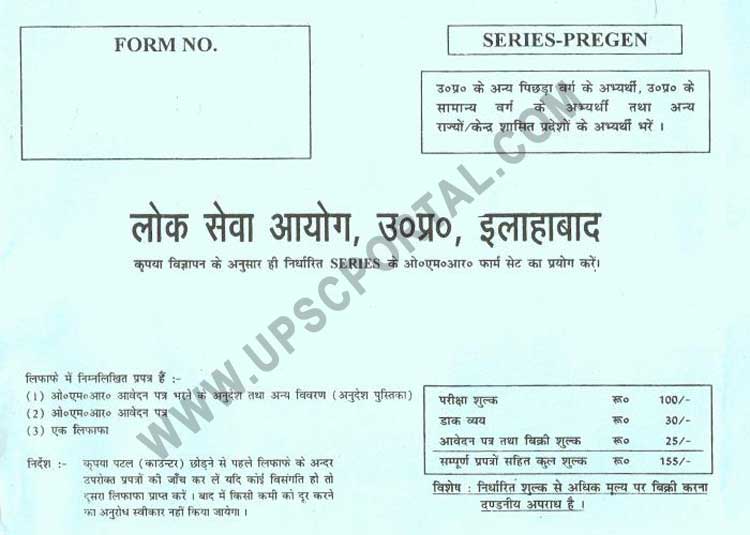Indian Polity: Centre and State
relations
The Central Government's exclusive powers are enumerated in the
(a) Concurrent List
(b) Federal List
(c) State List
(d) Union List
Answer: Union List
Which of the following is regarded as an essential function of the State
(a) To run schools for education
(b) To maintain good roads
(c) To prevent diseases
(d) To provide defence against external attacks
Answer: To provide defence against external attacks
In addition to the powers given in the Union and Concurrent List, the
Union Government has the
(a) None of these
(b) Residuary powers
(c) Federal powers
(d) Power to legislate in State List
Answer: Residuary powers
Which of the following is true in respect to Centre- State financial
relations ?
(a) States can claim 100 percent share in excise duty on goods produced in
the State.
(b) States cannot levy income - tax.
(c) Amount given by Centre is the only source of income to states
(d) States can by-pass Center while taking foreign loans.
Answer: States cannot levy income - tax.
Which of the following taxes is levied by the State Government only ?
(a) Entertainment Tax
(b) Corporation Tax
(c) Wealth Tax
(d) Income Tax
Answer: Entertainment Tax
Sarkaria Commission has been appointed by the Government of India to
report on
(a) Centre - State relations
(b) Tribal development
(c) Electoral reforms
(d) Inter - State conflicts
Answer: Centre - State relations
The State Government's responsibility for educational planning is shared
by the
(a) Ministry of Human Resources Development
(b) Ministry of Home Affairs
(c) Ministry of Planning
(d) Ministry of Programme Implementation
Answer: Ministry of Human Resources Development
Planning in India derives its objectives from
(a) Directive Principles
(b) None of these
(c) Fundamental Rights
(d) Fundamental Duties
Answer: Directive Principles
Which of the following features does not belong to a federal government ?
(a) Both Central and State Governments have co-ordinate status.
(b) Both Central and State Governments derive powers from the Constitution.
(c) The government has two distinct levels, State Government and Central
Government.
(d) State Governments are agents of the Central Government.
Answer: Both Central and State Governments have co-ordinate status.
Which of the following taxes is exclusively and totally assigned to the
Central Government by the Constitution ?
(a) Taxes on Railway fares and freight
(b) Corporation Tax
(c) Estate Duty
(d) Sales Tax
Answer: Taxes on Railway fares and freight
Which of the following subjects is included in the Union List ?
(a) Agriculture
(b) Extradition
(c) Gas and gas- works
(d) Marriage and divorce
Answer: Extradition
The residuary powers mean the
(a) Powers shared between the Union and State Governments
(b) Powers related to country's external affairs
(c) Powers related to country's internal affairs
(d) Powers not included in any of the three Lists.
Answer; Powers not included in any of the three Lists.
Under the Constitutution, the residuary powers vest with the
(a) Union Government
(b) State Government
(c) President
(d) Supreme Court
Answer: Union Government
Which of the following is not in the State List under the Constitution of
India ?
(a) Fisheries
(b) Gambling
(c) Agriculture
(d) Insurance
Answer: Insurance
The Centre - State financial distribution takes place on the
recommendation by the
(a) Finance Minister
(b) Sarkaria Commission
(c) Planning Commission
(d) Finance Commission
Answer: Finance Minister
Grants - in - aid of revenue to the states is recommended by the
(a) National Development Council
(b) Finance Commission
(c) Inter - State Council
(d) Planning Commission
Answer: Finance Commission
Railways is a subject on the
(a) Concurrent List
(b) Residual List
(c) State List
(d) Union List
Answer: Union List
Which of the following is in the Concurrent List in the Constitution of
India ?
(a) Treasure trove
(b) Population control and family planning
(c) Public health and sanitation
(d) Capitation taxes
Answer: Population control and family planning
Which subject was transferred from State List to Concurrent List by the
42nd amendment of the Constitution ?
(a) Education
(b) Local Self Government
(c) Agriculture
(d) Irrigation
Answer: Education
Which of the following is contained in the Concurrent List ?
(a) Agriculture
(b) Education
(c) Forests
(d) Police
Answer: Education
Grants-in-aid is provided to the states for
(a) Improving the Centre-State relationship.
(b) Improving the development of rural area.
(c) Reducing the regional imbalance.
(d) Implementing various development programmes and rehabilitation.
Answer: Implementing various development programmes and rehabilitation.
Who has the Constituional authority to decide tax share of states ?
(a) Union Cabinet


 Unhappy
with the shortage of public prosecutors in the capital, the Delhi high court on
Wednesday asked the Union Public Service Commission (UPSC) to explain why
vacancies remain unfilled.
Unhappy
with the shortage of public prosecutors in the capital, the Delhi high court on
Wednesday asked the Union Public Service Commission (UPSC) to explain why
vacancies remain unfilled. 

 Dr
Shah Faesal, a Kashmiri whose father was murdered by terrorists, made
history recently when he topped the UPSC civil services exam. He shared
his insights with Rediff.com At 27, Dr Shah Faesal is the first
Kashmiri native to have topped the Union Public Service Commission's
civil services examination. Faesal acknowledges that he has become
an icon for Kashmiri youth, but says he is not entirely comfortable with
this sudden adulation. Having lost his father to terrorists, the success
has brought happier moments for Faesal and his family. Between
travelling across the country and preparing for his year-long training
before he is inducted into the Indian Administrative Service, Faesal
tells what his success means to the people of Kashmir and why the rest
of India must face up to the issues there.
Dr
Shah Faesal, a Kashmiri whose father was murdered by terrorists, made
history recently when he topped the UPSC civil services exam. He shared
his insights with Rediff.com At 27, Dr Shah Faesal is the first
Kashmiri native to have topped the Union Public Service Commission's
civil services examination. Faesal acknowledges that he has become
an icon for Kashmiri youth, but says he is not entirely comfortable with
this sudden adulation. Having lost his father to terrorists, the success
has brought happier moments for Faesal and his family. Between
travelling across the country and preparing for his year-long training
before he is inducted into the Indian Administrative Service, Faesal
tells what his success means to the people of Kashmir and why the rest
of India must face up to the issues there.
